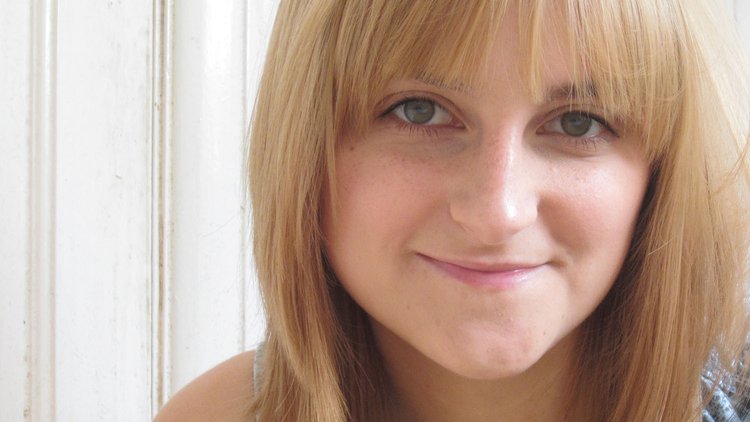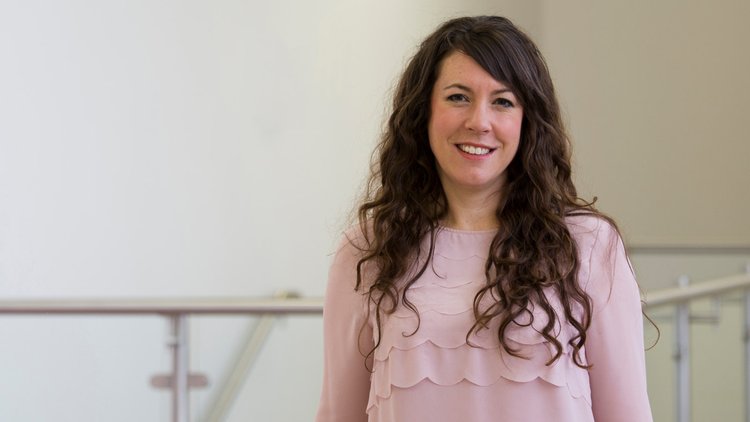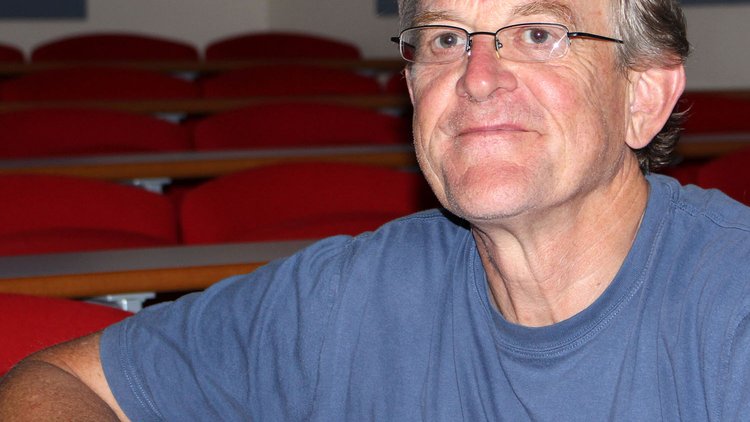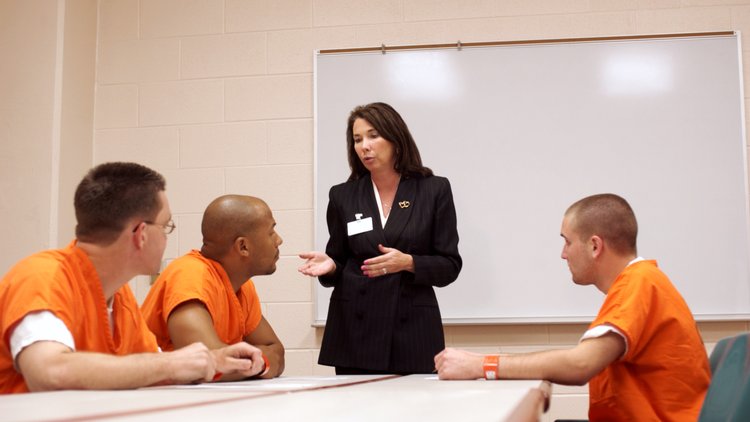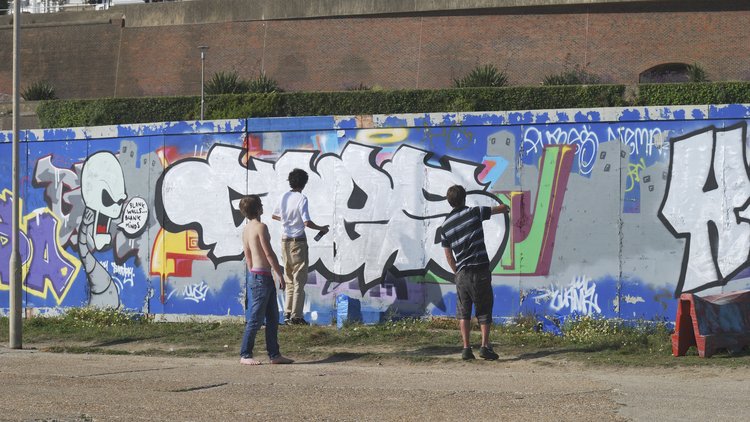Criminologist Professor Fiona Brookman

Fiona Brookman is Professor of Criminology and member of the Centre for Criminology. Her research examines homicide, violence and major crime investigation using qualitative research methods.
In 2011 Fiona established the Criminal Investigation Research Network (CIRN) to generate international research collaboration between detectives, researchers and policy makers.
"My dad was in the RAF. He and my mum met at Bletchley Park. They swear they weren’t spies. My mum has always been interested in crime and my dad achieved a degree in Social Sciences from the Open University after retiring. They have both undoubtedly influenced me in many ways and the time that I spent in Berlin and Cyprus as a child instigated an interest in cultural conflict.
I first studied crime as part of the Behavoural Sciences degree at the then Polytechnic of Wales in Treforest. I elected a ‘wild card’ Criminology option in the final year, was hooked, and so went on to complete an MSc in Criminology and then a PhD (exploring homicide in the UK) both at Cardiff University.
Insights from my PhD, on the nature and circumstances of homicide, were reproduced in the British Murder Manual (MIM, 2006), the definitive guide on homicide investigation and I went on to write Understanding Homicide.
Crime and efforts to control it are ever-evolving phenomena
I have since conducted a number of interesting research projects including: an evaluation of Operation Tarian (a Regional Drugs Task Force); an evaluation of Cardiff’s Sexual Assault Referral Centre (SARC); a *study of violent street crime across the UK* and, most recently, an exploration of the links between Mephedrone use and violence in South Wales.
Crime and efforts to control it are ever-evolving phenomena, which is what keeps me captivated in this subject. Interestingly, the topic that initially drew me in was the ‘dark figure’ of crime – those offences that we never come to know about because the crime is not reported by the public or recorded by the police. Some twenty years on, the flawed nature of ‘official’ criminal statistics is still being hotly debated and new measures are being introduced to try to capture, more accurately, its extent and nature.
I have recently returned from a research sabbatical, many months of which were spent at homicide units in and around Washington DC. I conducted in-depth interviews with over forty homicide detectives and shadowed members of homicide squads as they investigated homicides (usually in the early hours of the morning).
I followed their daily activities including the examination of crime scenes, the interrogation of suspects, meetings with the victims’ families, attending post mortems and court hearings and meetings with State’s attorneys and undercover agents and informers. I also spent time just ‘hanging out’ with detectives on both sides of the Atlantic; getting to know how they think, the cultures of their organisations and what makes them work extraordinarily long hours to try to bring killers to justice.
My time with homicide detectives has left an indelible impression upon me
I am pleased that I have taken some of the best practice from UK homicide investigative processes to the USA. For example, the force where I spent the most time plan to introduce Family Liaison Officers to their homicide unit. This will be an invaluable change that I believe will help them to solve more homicides.
I am now in the process of collating all of the data gathered during this intensive field research and writing up journal papers. The first will be looking at the nature of difficult-to-solve homicides across the UK and USA from a comparative perspective.
My time with homicide detectives and those impacted by homicide has left an indelible impression upon me and I have become struck at the diverse tactics and interactions that exemplify detective work; from subterfuge and deception (during the interrogation of suspects) at one extreme to the mollification of the relatives of the deceased at another.
My ultimate aim is to help to develop strategies that will improve homicide investigation practice and detection rates for these most serious lethal crimes."
Find out more about studying Criminology at USW.




